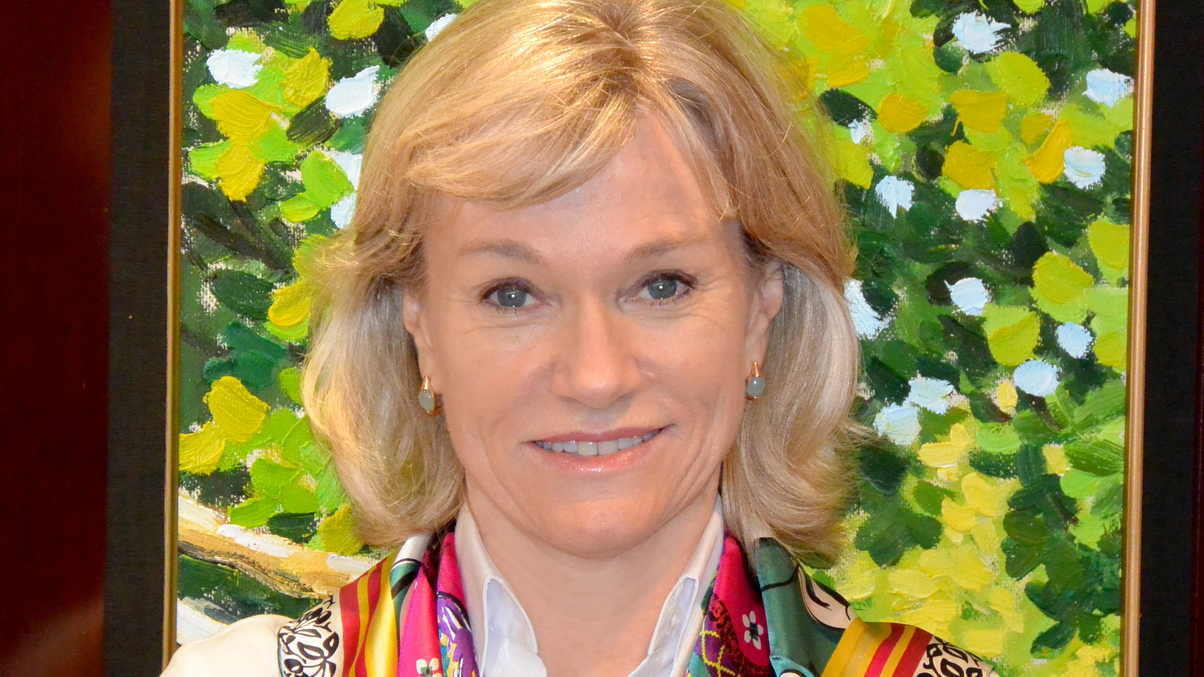Fund chiefs lay out the future of wealth management
A revolution in products, fees and advice will come to Asia sooner or later, heads of the regional wealth management industry tell AsianInvestor's Fund Selector Forum in Singapore.

Asia’s asset management industry faces its biggest challenge in the next few years as greater product transparency around the world drives down fees, an AI forum was told.
Sign in to read on!
Registered users get 2 free articles in 30 days.
Subscribers have full unlimited access to AsianInvestor
Not signed up? New users get 2 free articles per month, plus a 7-day unlimited free trial.
¬ Haymarket Media Limited. All rights reserved.


